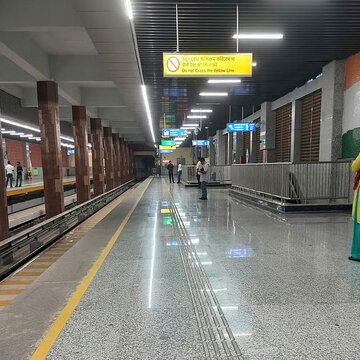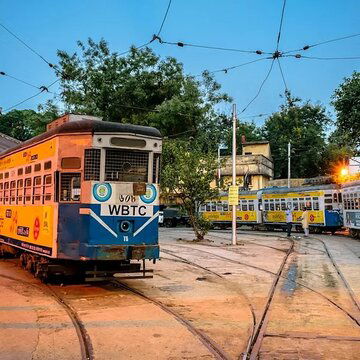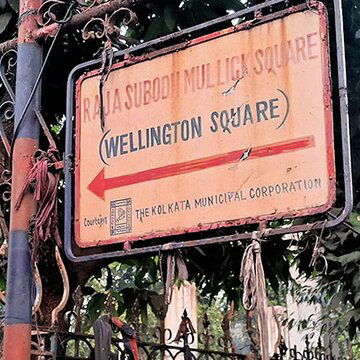Kolkata’s IT and ITeS sectors are seeing rapid growth, from doubling exports to massive infrastructure investment. Yet, there are concerns that the city still faces hurdles before it can rival India’s traditional tech hubs. But what are industry leaders saying?
Kolkata now hosts around 1,500 IT firms employing over 260,000 people, and recent campus expansions include major names like Infosys’ new development centre (₹426 crore investment for 4,000 jobs). Infrastructure is also catching up: in Sector V and New Town, tech parks, data centres and global capability centres are sprouting fast. For example, the Bengal Silicon Valley (BSV) tech hub is attracting tens of thousands of high-skill jobs.
Also Read | California’s Concentric AI lands in Kolkata, opens new office at Sector V
What sets Kolkata apart from other metropolitan hubs in terms of ease of business?
While talking with News Ei Samay, Dipal Dutta, CEO at RedoQ, says, “Kolkata is a top city for easy business, mainly because of the strong support from the West Bengal government, combined with low operating costs. The state government makes it easier to invest by setting up a modern IT Policy that gives special focus to advanced technologies like AI and Blockchain. They actively create a friendly environment by building large projects like the Bengal Silicon Valley Hub and offering incentives and cheaper land to reduce the cost for companies. This government push, along with the city's naturally lower rent and operating expenses compared to other major tech hubs, makes it a uniquely cheap and promising place for IT companies to set up shop.”
Echoing the same, Srinjoy Sen, Director of 3S Travel Network Private Limited and 1st Gen Entrepreneur, told us, "Compared to other metros, Kolkata has the lowest real estate rates. Even if you get good talent at a fraction of the cost. The above 2 points are the most important things needed to start with. Compared to a Mumbai market, which would have a very saturated and crowded market, the cost of acquisition of customers is much lower in the Calcutta Market, he said.” He further explains, “Calcuttans have a higher median of savings, and the real value of value is much higher, leading to higher personal spending, because the average cost of living in Calcutta is much lower than other metros."
Also Read | Wanna be a music composer? OpenAI may soon let you create songs from text prompts
Why do companies have a hub in Kolkata rather than other popular IT hubs in the country?
“Super easy access to the South-East Markets, which have countries which are developing economies. Opens doors to the entire North-East Region. Also, the easy availability of affordable office spaces and people, even outsiders, want to shift to Kolkata, due to a vibrant cultural life, is very important for a work-life balance. Where else would you be able to crack a deal over chai on the roadside?”, Sen said.
Interestingly, highlighting the city’s growing appeal, Dutta said, “We chose Kolkata over other popular IT spots for two main reasons: cost savings and talent stability, plus a personal connection. Business operations here are much cheaper than in cities like Bangalore, allowing us to save about 30% on costs, which is important for our global strategy. Critically, we benefit from Kolkata's lower employee turnover, meaning our staff stays longer, which is a huge financial saving compared to the higher rates in other hubs. We consider establishing our office here as a "purposeful homecoming" due to my connection with the city.”
Is Kolkata a viable investment option for business leaders in the country?
Sen further noted, “If you ask around for people who have started from scratch in Kolkata, including me, it is actually a great place to do business.”
“Here, people value relationships and would give you a patient hearing. The ones who do great business tend to keep a low profile. You just need to keep meeting people till you get your ideal person, who might be a mentor, investor, and business partner. Companies from all over the world and all over India prefer to set up back offices in Kolkata, low infra rentals, and low cost of manpower.”











